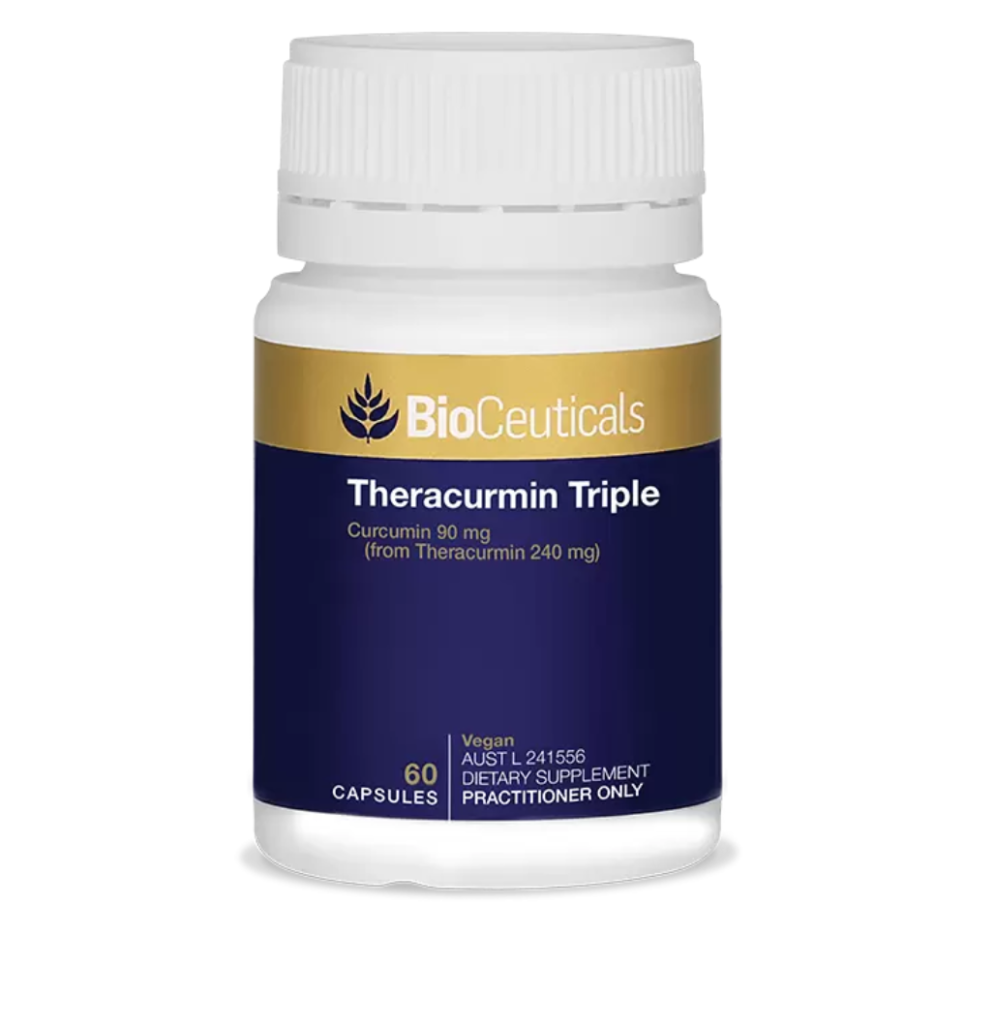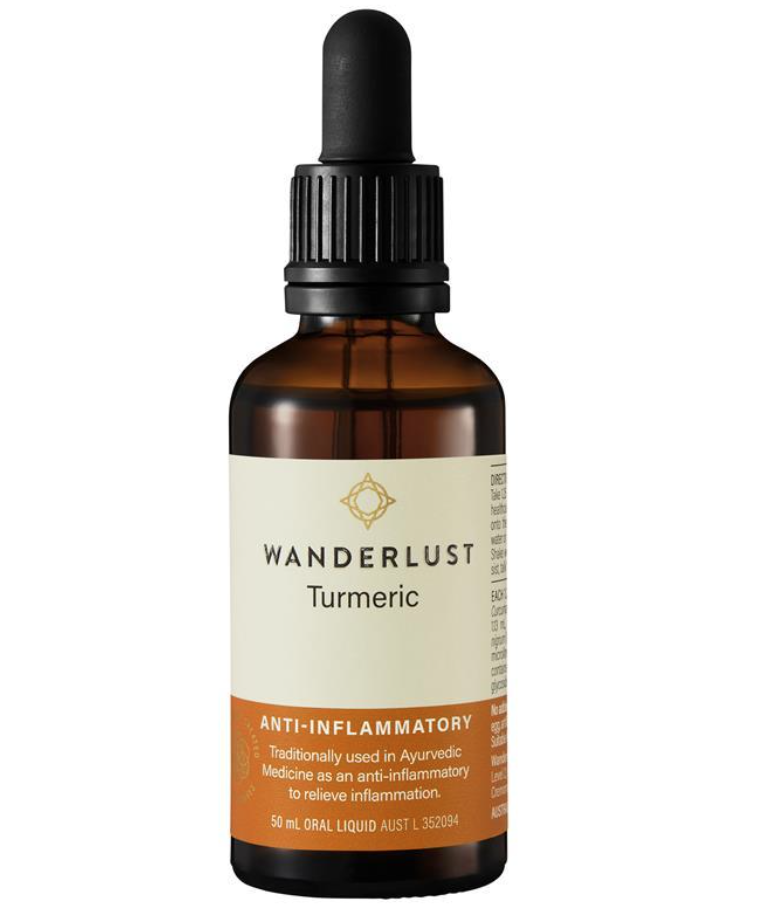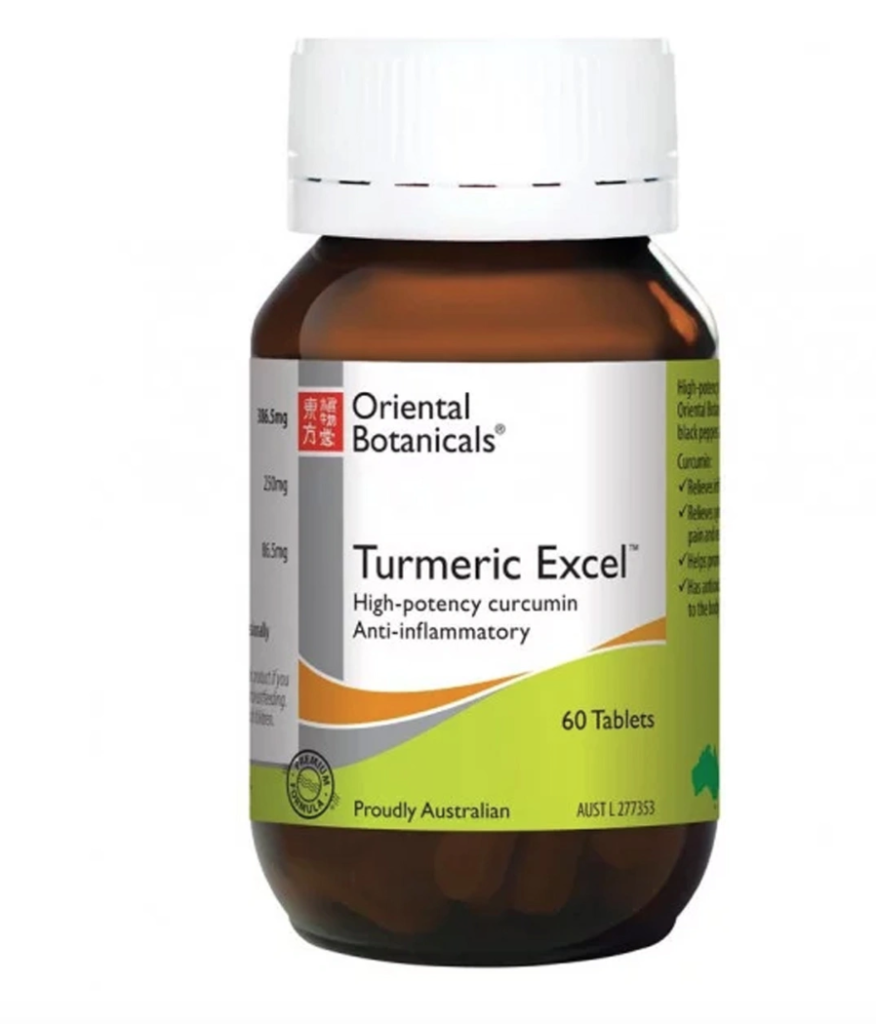Pain Management, Mental Health
A Natural Wonder: The Undeniable Benefits of Turmeric
Turmeric is most well-known for its role in reducing general inflammation and associated pain, however new research is bringing to light a whole other host of benefits that turmeric may deliver.
In this blog we discuss:
- What turmeric is and its health benefits
- What turmeric supplements we recommend and who for
- Turmeric for managing anxiety and depression
- Turmeric for pain and inflammation
What is Turmeric?
Turmeric is a common spice that has been used for thousands of years both as a spice and medicinal plant. It has a bright yellow-orange colour and distinctive earthy taste. In supplements, the bioactive compound curcumin is the most well researched, and therefore the most used for its health benefits.
Turmeric is a natural wonder because of its variety of potential therapeutic applications. For example, turmeric has antioxidant, anti-inflammatory, antidepressant, antimicrobial and neuro-protective properties. As a result, turmeric has proven benefits for the management of several chronic diseases such as inflammatory bowel disease (IBD), anxiety and depression, metabolic syndrome, arthritis, allergies, and asthma. Very new research also suggests it may be useful in the management of Alzheimer’s disease.

Turmeric Supplements We Recommend
At Nourish Health, we recommend either a capsule or liquid form of turmeric. Turmeric is poorly absorbed and rapidly metabolised and excreted by the body, but supplements such as the ones shown at the bottom of the page are high quality and specially formulated for the best possible absorption. Black pepper has been shown to enhance the bioavailability of curcumin by 2000%, and whilst it is not essential in a supplement, it is beneficial.
It can take as long as 4 weeks to feel the benefits of turmeric for some people, however a liquid or liposomal form of curcumin has been shown to work in a much shorter time frame. This is because the turmeric gets absorbed through the mucous membranes of the digestive tract, therefore bypassing several pathways, and achieving a higher absorption rate and faster onset.
Turmeric supplements can interact with some medications such as anticoagulants and anti-platelet drugs, and may increase the risk of bleeding or gastrointestinal upset in some people. For these reasons we recommend chatting to a health professional before you start taking a turmeric supplement to make sure it is right for you.

Turmeric for the Management of Anxiety and Depression
Recent data states that around 20% of Australians have a mental health condition, with this number increasing annually. Mood disorders are often treated or managed with pharmaceutical medications; however, research shows that curcumin may be a promising natural alternative due to its antioxidant, anti-inflammatory and neuro-protective effects. This has come from the emerging evidence that neuro-inflammation, oxidative stress and immune dysregulation are underlying factors of mental health issues, such as anxiety, low mood, and depression. Throughout the properties mentioned, curcumin has the potential to reduce these triggering factors, and therefore manage symptoms of anxiety and depression. Whilst more evidence is needed, curcumin appears to be a promising option for treating symptoms of depression.
There is even new evidence to suggest curcumin may be beneficial for managing Alzheimer’s disease, a brain disorder that progressively destroys memory and other cognitive functions. It again is based on the fact that curcumin inhibits neuro-inflammation and oxidative stress that can lead to the progression of this disease.
Even in a typically healthy individual, turmeric may be of benefit. In one study, a single dose of curcumin improved attention and working memory tasks, while a four-week administration produced enhanced memory, mood and alertness in healthy subjects.
Turmeric for Pain and Inflammation
Inflammation is a normal response in the body, however problems occur when it becomes chronic or long lasting. Curcumin has been thoroughly studied for its anti-inflammatory properties and has been shown to significantly reduce inflammation by inhibiting inflammatory cytokines and other enzymes. These effects have been most commonly studied in osteoarthritis and rheumatoid arthritis, with reductions equivalent to the use of prescription anti-inflammatory drugs over an 8 week period (Biomedica, 2022).
An additional benefit of using turmeric for inflammation over NSAIDs (non-steroidal anti-inflammatories) is that curcumin doesn’t have the negative side effects to the digestive tract, that NSAIDs do. In fact, curcumin has many benefits for the gut! The latest research is showing that turmeric modulates the composition and population of the gut microbiota, potentially offering health benefits to the host. In other words, it may increase bacterial species diversity in healthy subjects.
The Bottom Line
The research for the applications in which turmeric can be used is continuing to emerge. From mood disorders to gut health, it seems that turmeric can play a positive role in all areas. Below are the Nourish teams recommended turmeric supplements. Note: We recommend speaking to a health professional or one of our team members prior to supplementing.






